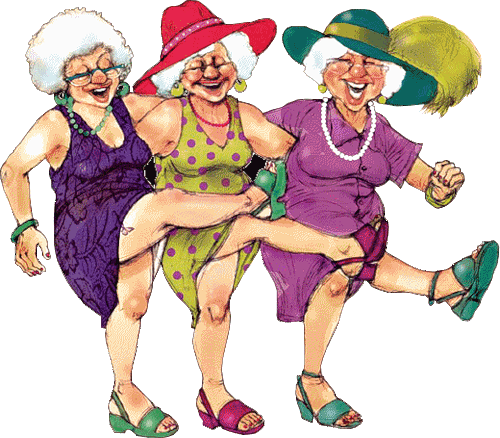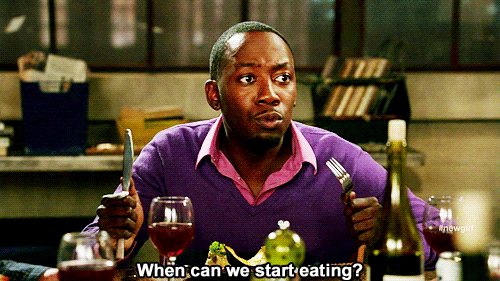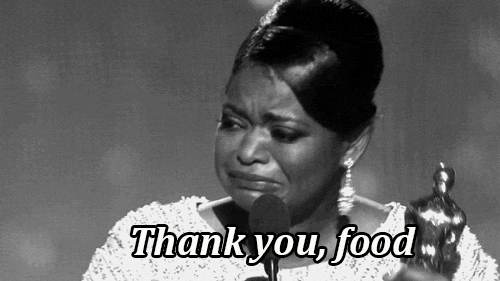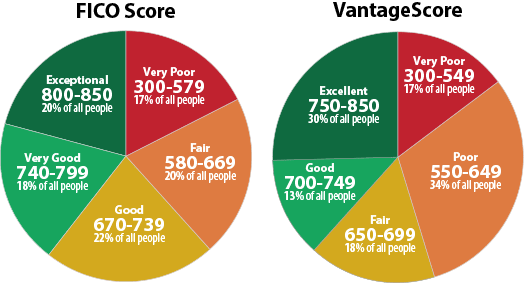
The Manhattan Bridge is a suspension bridge that crosses the East River in New York City, connecting Lower Manhattan at Canal Street with Downtown Brooklyn at the Flatbush Avenue Extension. Designed by Leon Moisseiff,
the bridge has a total length of 6,855 ft (2,089 m). The bridge is one
of four vehicular bridges directly connecting Manhattan Island and Long Island; the nearby Brooklyn Bridge is just slightly farther west, while the Queensboro and Williamsburg bridges are to the north.

The bridge was proposed in 1898 and was originally called "Bridge
No. 3" before being renamed the Manhattan Bridge in 1902. Foundations
for the bridge's suspension towers were completed in 1904, followed by
the anchorages in 1907 and the towers in 1908. The Manhattan Bridge
opened to traffic on December 31, 1909, and began carrying streetcars in
1912 and New York City Subway
trains in 1915. The eastern upper-deck roadway was installed in 1922.
After streetcars stopped running in 1929, the western upper roadway was
finished two years later. The uneven weight of subway trains crossing
the Manhattan Bridge caused it to tilt to one side, necessitating an
extensive reconstruction between 1982 and 2004.
Manhattan Bridge
by Marco Degennaro Photography

The Manhattan Bridge was the first suspension bridge to use a Warren truss
in its design. It has a main span of 1,480 ft (451 m) between two
350-foot (110 m) suspension towers. The deck carries seven vehicular
lanes, four on an upper level and three on a lower level, as well as
four subway tracks, two each flanking the lower-level roadway. The span
is carried by four main cables, which travel between masonry anchorages
at either side of the bridge, and 1,400 vertical suspender cables. Carrère and Hastings designed ornamental plazas at both ends of the bridge, including an arch and colonnade in Manhattan that is a New York City designated landmark. The bridge's use of light trusses influenced the design of other long suspension bridges in the early 20th century.
View down Pike Street toward the Manhattan Bridge, 1936
Photograph by Berenice Abbott





Manhattan Bridge 🗽 NYC
In this video we will take a quick look at the Manhattan Bridge. We will then walk across it and take a look at the beautiful Manhattan approach to the bridge. While in the City, I will also stop by the Collect Pond Park to share some of its history. I hope you enjoy!
Manhattan Bridge Arch & Colonnade Entrance
The Brooklyn Plaza of the bridge c.1917.
Nassau Street is across the foreground.
The Brooklyn Bridge is visible in the left background,
and the Williamsburg Bridge in the right background.













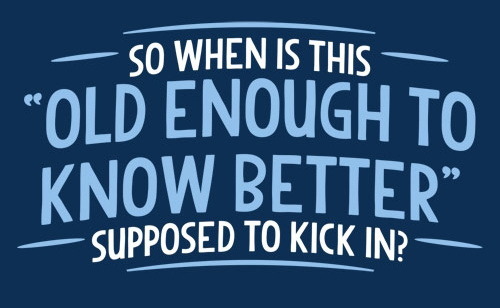 🌞
🌞


